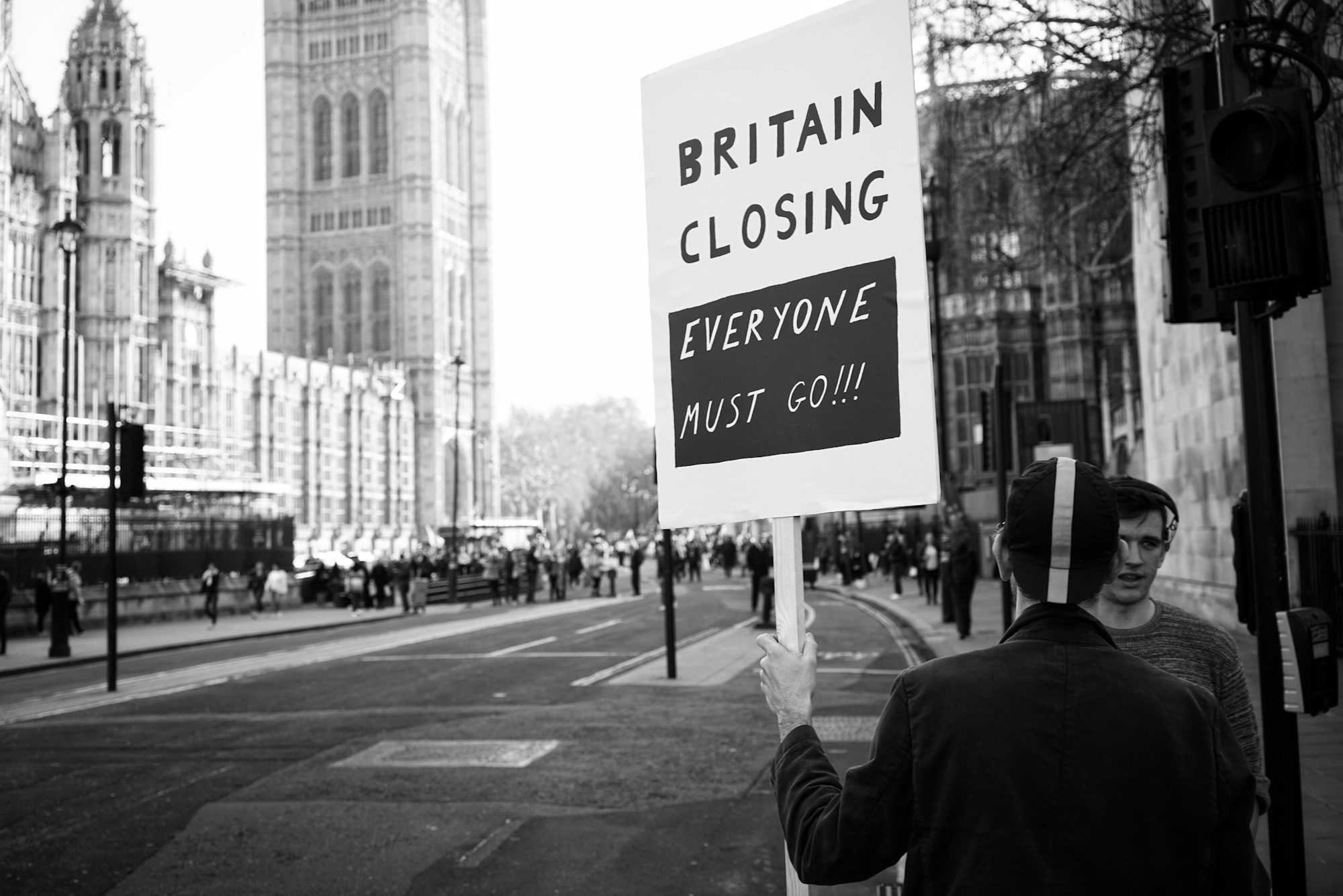The TUC Women’s Conference, the democratic voice of women at work, is convening this International Women’s Day at Congress House to discuss the issues of low pay, pay restraint and the yawning gender pay gap. How can we best support women workers?
We are only too aware that the UK workforce is suffering the worst pay growth for 200 years, and that employment growth has been fuelled by an expansion of low-paid, insecure jobs. The number of zero hours contracts, for instance, has grown by a staggering 530% since 2008.
At the same time, austerity cuts are hurting our communities, and women in particular have been badly affected. The number of women in poverty is on the rise, while research published last year by then Shadow Equalities Minister Sarah Champion indicated that women had borne 86% of the burden of austerity since 2010. Notably, Black and Minority Ethnic (BME) women have been hit the hardest.
This sits within a much wider context of a labour market where women are disproportionately likely to be in insecure, precarious work. On top of stalling wage growth and social security cuts, this makes it harder for women to calculate from week to week what their earnings will be. Meanwhile, rent, electricity, gas and water bills still need to be paid.
We also know that women are disproportionately affected by wage freezes in the public sector. That’s why the analysis by CLASS this week on the Government’s “empty words on the public sector pay cap” has been such an important contribution. Unite’s call on the government to stop playing workers off against each other is also so important. As women workers know only too well, a fair public sector pay rise needs to be financed by increased funding for public services overall. If the government tries to cut public services in order to fund this pay rise, women will once again bear the burden – they are the primary users of frontline public services and provide the vast majority of unpaid care work where state help is unavailable.
As large companies begin to submit their reports on the gender pay gap within their organisations, women must look beneath the eyebrow-raising narrative. Companies will try to say that the gender pay gap is due to women choosing to work part-time and wanting to work in low paid jobs, while justifying sky-high executive pay for their predominantly male senior employees. (Worse still, the government is not expected to fact-check the companies’ own calculations and there are “no plans to punish companies that have a wide gender pay gap”.)
But gender occupational segregation – the disproportionate employment of men in some occupations and women in others – is not simply a “choice” made by women, but the result of a glass ceiling and a sticky floor. Companies should recognise this as a key driver of the gender pay gap, rather than using occupational segregation to justify pay inequality within their organisations.
We must also keep in mind the equal pay issues where companies use bonuses, performance related pay and opaque pay systems. These are contributory factors to gender pay gaps and mean that women are still paid less in the same or similar jobs. The best way to tackle this gender disparity is to have collective bargaining with trade unions, which works to provide all employees with fair pay.
We urgently need to breathe life back in to our economy. This means putting money in to the pockets of women workers and ensuring we have job security, decent pensions and fulfilling work. Only then will we be able to effectively utilise our skills and revitalise our economy.
The Government’s austerity programme is doing the polar opposite, creating insecurity, fear and isolation while propping up a low-wage, low-productivity labour market. So we are campaigning on an explicitly anti-austerity platform, exposing the overwhelming impact of austerity on women, opposing the government cuts to public services, and building campaigns against the public sector pay freeze. We will reflect the energy and determination of the growing army of women union members and make our voices heard. Join us!
Siobhan Endean is National Officer for Women’s Equailty, Education and Not for Profit sectors at Unite.
